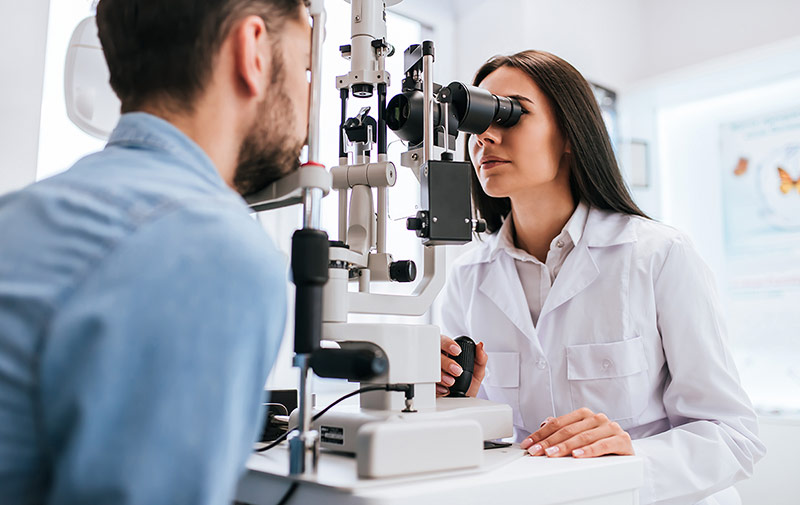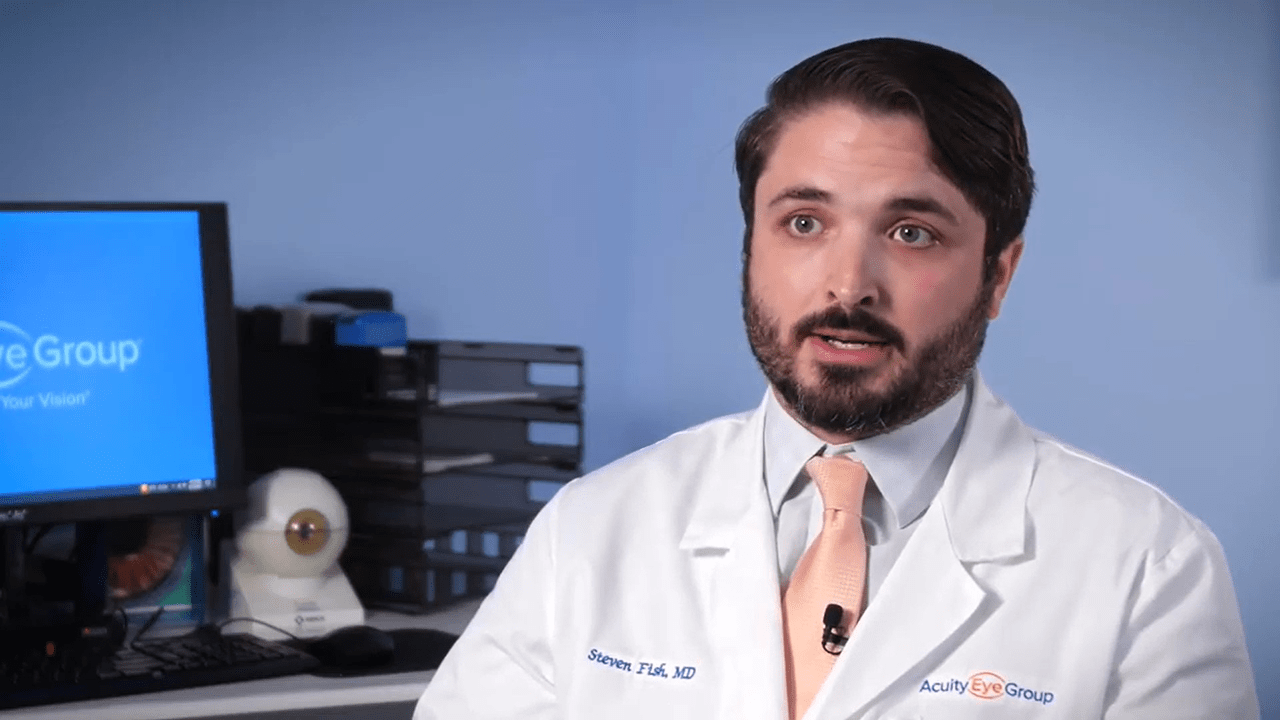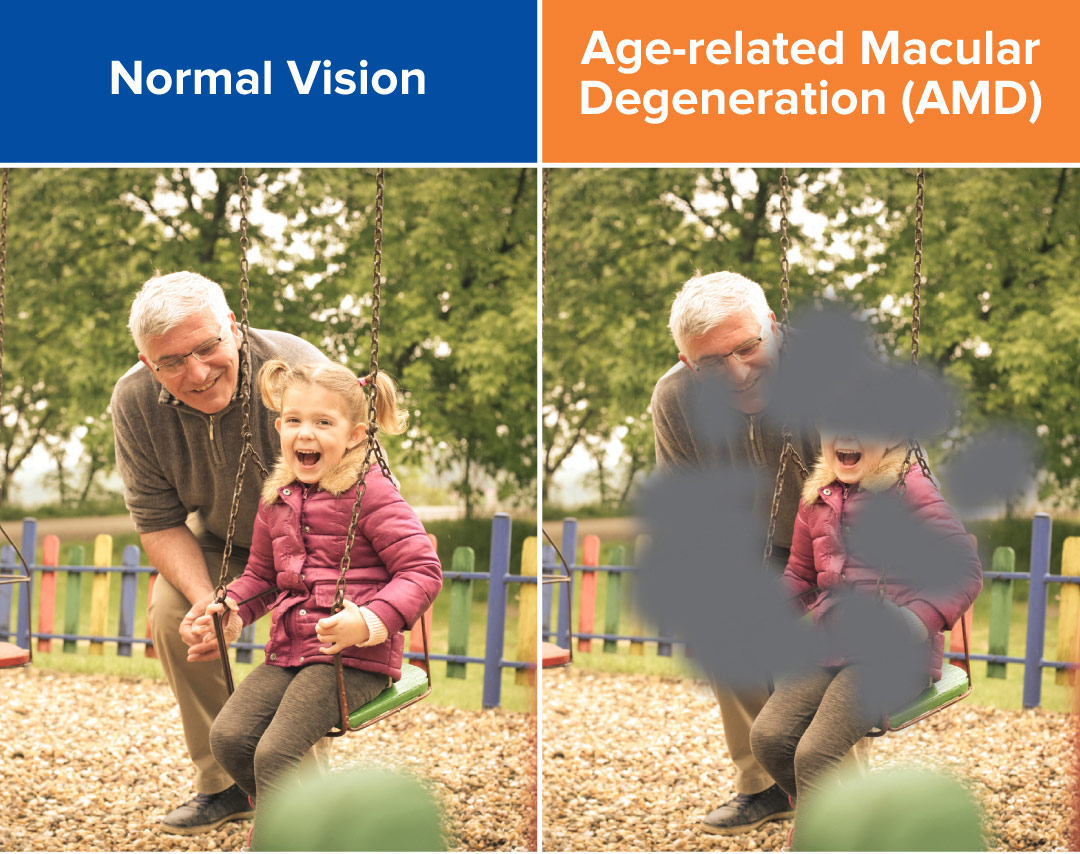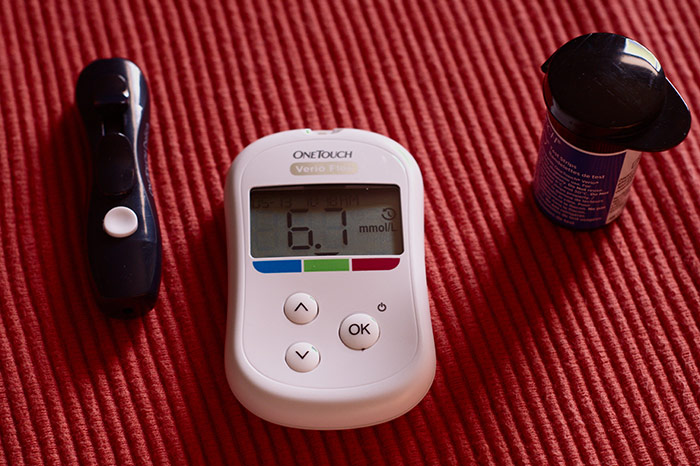"Why do I need an eye exam if my vision hasn’t changed?"
This is a question we hear in our clinics everyday. However, eye exams aren’t only for those with poor vision, and having good vision doesn’t mean your eyes are healthy. In fact, there are several eye conditions that have no symptoms early on, but can spell trouble down the road - even permanent vision loss when left untreated.

Glaucoma
Glaucoma is a progressive disease of the optic nerve - think of it as the cable connecting your eyes to your brain. Glaucoma occurs when the eye pressure reaches a level that the optic nerve cannot withstand, causing damage and loss of peripheral vision (your “side” vision).
Lack of symptoms in the early stages is a hallmark of this disease, earning it the nickname “the silent thief of sight.” And this moniker is deserved: 50% of those with glaucoma have no idea they have it. This makes early detection and treatment critical to maintaining vision, as any vision loss from glaucoma is irreversible. During your comprehensive examination, your eye doctor will be able to detect any subtle early signs that may otherwise go unnoticed, such as high eye pressure, optic nerve damage, and a decrease in peripheral vision.
Once glaucoma begins to develop, lifetime treatment is necessary to preserve vision and slow down the progression of the disease. While minimally-invasive treatments such as eye drops are the first step, surgery may be necessary to reduce eye pressure.

Dr. Steven Fish, MD discusses the future of Glaucoma.
Macular Degeneration
Because being over the age of 60 is the most significant risk factor for this disease, it’s usually referred to as “age-related macular degeneration” (AMD). As the macula thins over time, you may begin to notice a blurring or loss of central vision. The macula is the part of the retina responsible for clear vision in your direct line of sight; this means that as the condition progresses, you may lose the ability to read, drive, and do close-up work. However, your peripheral vision may remain unaffected. AMD will not cause any pain and symptoms progress gradually over time. In the earliest stages, you may not notice any symptoms at all.
As with other eye diseases, there is no cure for AMD and early detection is crucial to preserving eyesight. As we age, yellow deposits called drusen begin to form in the macula. Moderate or large amounts of drusen are often the first sign of macular degeneration. During your eye exam, your eye doctor will be able to detect any build up of drusen before the disease begins to impact your vision, and provide treatment that may help slow down the progression of the disease.

Diabetic Retinopathy
Diabetic retinopathy is a progressive disease that can cause vision loss in those who have diabetes. Diabetic retinopathy occurs when high blood sugar levels lead to damage of the blood vessels in the retina. Like the other eye diseases on our list, there may be mild or no symptoms in the earliest stages of the disease. As it progresses, blood vessels in the retina begin to bleed into the vitreous - the gel-like substance in the middle of the retina. Eventually, diabetic retinopathy can lead to more serious conditions such as retinal detachment or blindness if not treated.
In order to prevent vision loss, it’s important that those with diabetes get a comprehensive eye exam once a year. If diabetic retinopathy has already begun to develop, your eye doctor may advise you to visit as often as every two to four months. It’s also important that individuals make an effort to keep their blood sugar levels regulated through regular diet and exercise.

Controlling your blood sugar is a crucial aspect of preventing diabetic eye disease.
The Bottom Line
"An ounce of prevention is worth a pound of cure" may be an old phrase coined by Benjamin Franklin, but remains relevant as ever in the world of eyecare. The best defense against vision loss is early detection: It’s been shown that nearly 90% of vision impairment is preventable if caught early enough. Most importantly, by the time you notice vision problems, it is often very late in the disease. Regular eye exams can help prevent the progression of sight-threatening diseases and ensure healthy vision for years to come.
Need to Book an Eye Exam?
Medical professionals recommend you get an eye exam at least once every two years, even if your vision hasn't changed.